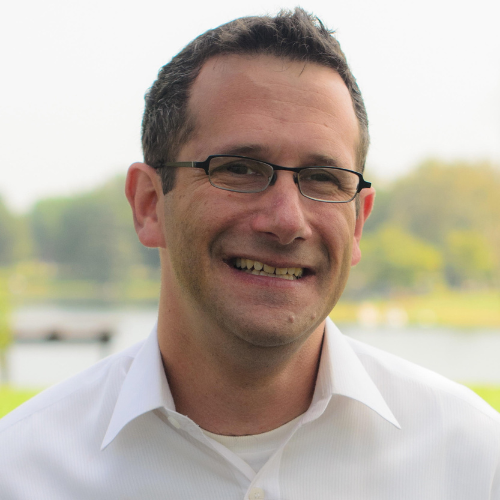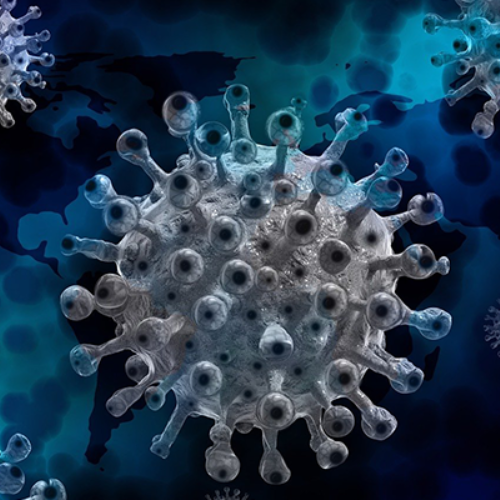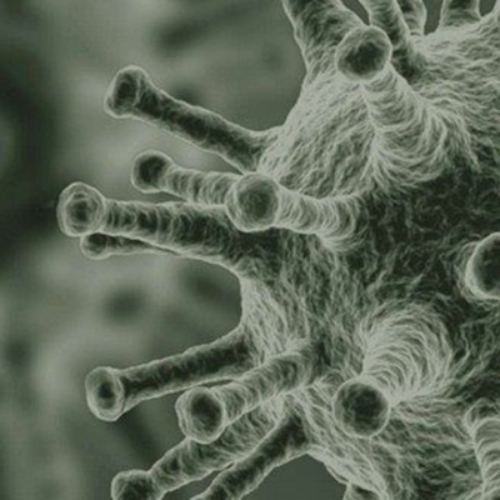Food and Drug Administration awards $10 million contract to team to support vaccine safety program
Dr. Marc Suchard, professor of biostatistics, co-leads team of researchers supporting FDA’s Biologics Effectiveness and Safety (BEST) program.

A research team co-led by UCLA Fielding School of Public Health faculty has been awarded a $10 million contract to support the U.S. Food and Drug Administration’s program to ensure vaccines are safe.
“Sound approaches to monitor vaccine safety and effectiveness across large populations have their limitations; this is particularly important with the upcoming roll-out of COVID-19 vaccination programs, and we stand ready to help," said Marc Suchard, UCLA Fielding School of Public Health professor of biostatistics, who will lead methods development under this contract. Some $1.4 million of the grant will go to Suchard’s team at UCLA.
The research team, primarily comprised of faculty from UCLA, Columbia University, and Northeastern University, will provide support to the Food and Drug Administration (FDA)’s Biologics Effectiveness and Safety (BEST) system in its mission to conduct safety and effectiveness surveillance of biologic products (vaccines, blood and blood products, tissues and advanced therapeutics).
The Columbia University Department of Biomedical Informatics serves as the coordinating center for the contractors, operating under the umbrella of the Observational Health Data Services and Informatics (OHDSI) community. OHDSI is a global, multi-stakeholder, interdisciplinary collaborative which aims to bring out the value of health data through large-scale analytics and an open-science approach in order to generate the evidence that promotes better health decisions and better care.
“We are very excited to partner with the FDA to address surveillance of biologics, including vaccine safety, as it brings the knowledge, experience, and tools of OHDSI to bear on problems critically important to the nation,” said George Hripcsak, chair and professor of biomedical informatics at Columbia.
Specific means of FDA support through this grant will include serving in a convening role to 1) develop methods related to using observational data from electronic health records and administrative claims to study the effectiveness and safety of biologics, 2) work collaboratively with FDA staff to plan, develop, coordinate, host and convene meetings and workshops, and 3) educate FDA staff and external stakeholders on the BEST infrastructure, capabilities and applications that serve FDA and stakeholder needs.
“Northeastern is delighted to partner with Columbia and UCLA to support the FDA in this crucial endeavor,” said David Madigan, provost and senior vice president for academic affairs at Northeastern. “OHDSI supports a global community of researchers focused on generating reliable healthcare evidence. This project will greatly accelerate this work.”


